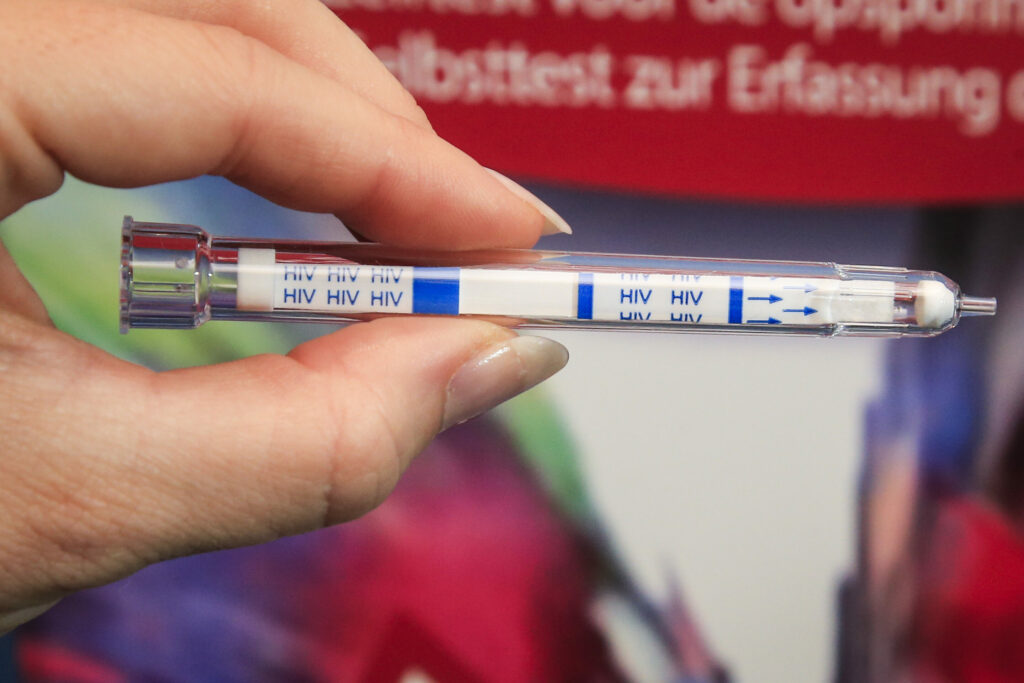Belgian university researchers are one step closer to finding a HIV vaccine.
Researchers from the Vrije Universiteit Brussel (VUB), the Universitair Ziekenhuis Brussel (UZ Brussel) and the University of Ghent (UGent) have conducted a study that demonstrates the effectiveness of an mRNA-based vaccine in bolstering the immune systems of HIV patients. The scientists aim to reduce reliance on traditional antiretroviral therapies (ART) – the use of anti-HIV drugs to suppress replication – with this new approach.
"Our therapeutic vaccine, unlike conventional vaccines, is designed to boost the immune system in individuals already infected with HIV, helping to control the virus and lessen the need for daily medication," said VUB Professor Joeri Aerts.
According to the researchers, the vaccine technology is similar to that of Covid-19 vaccines but with a key difference: it is "packaged" in lipid nanoparticles. Aerts explained that these lipid nanoparticles contain an additional signal that stimulates the immune system, enhancing the vaccine's effectiveness.
The vaccine not only induces a strong immune response against HIV in the bloodstream but also in the gut, "where HIV primarily hides."
'Promising' results
Co-author Sabine den Roover (VUB) noted that the most remarkable aspect of the research is the activation of a specific type of immune cell (CD8+ T-cells). These cells are crucial in identifying and destroying HIV-infected cells. "Meanwhile, the activation of the cells that are major HIV targets remains limited, making the vaccine even more promising," she said.
The vaccine has only been tested on mice at this stage. However, researchers are hopeful that it will be effective for human treatment too. "This new vaccine offers us a unique chance to make a difference for HIV patients worldwide."
The study was published in the journal 'Molecular Therapy: Nucleic Acids.'

